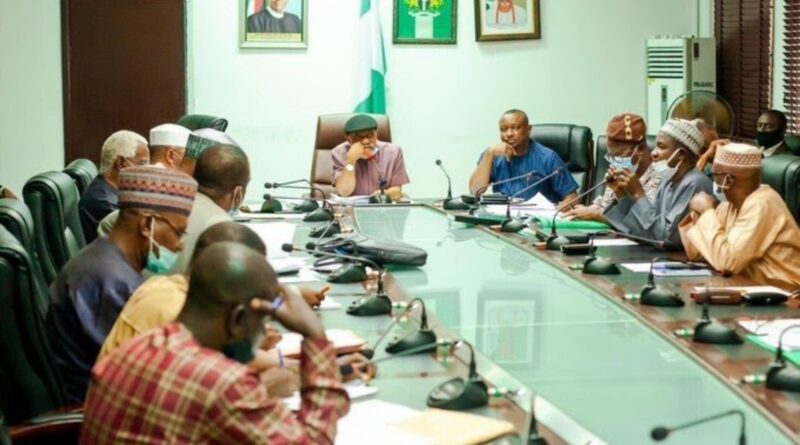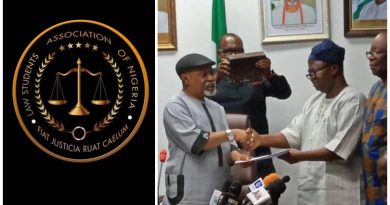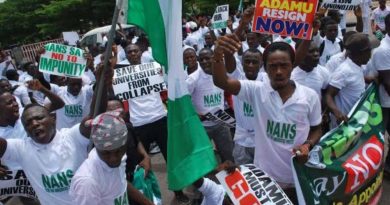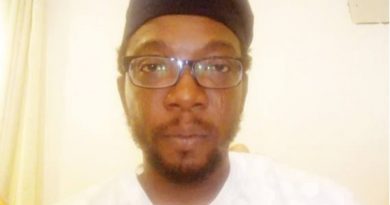ASUU says FG yet to meet any demand ‘fully’ as minister promises a quick resolution
The Federal Government yesterday assured that the ongoing strike by the Academic Staff Union of Universities, ASUU, would be called off soon, saying it was taken aback by the renewed action that the university teachers embarked on February 14, 2022.
ASUU, however, insisted that the suspension of the strike would depend on the government’s readiness to meet its demands, especially the adoption of the University Transparency and Accountability Solution, UTAS), as a payment platform.
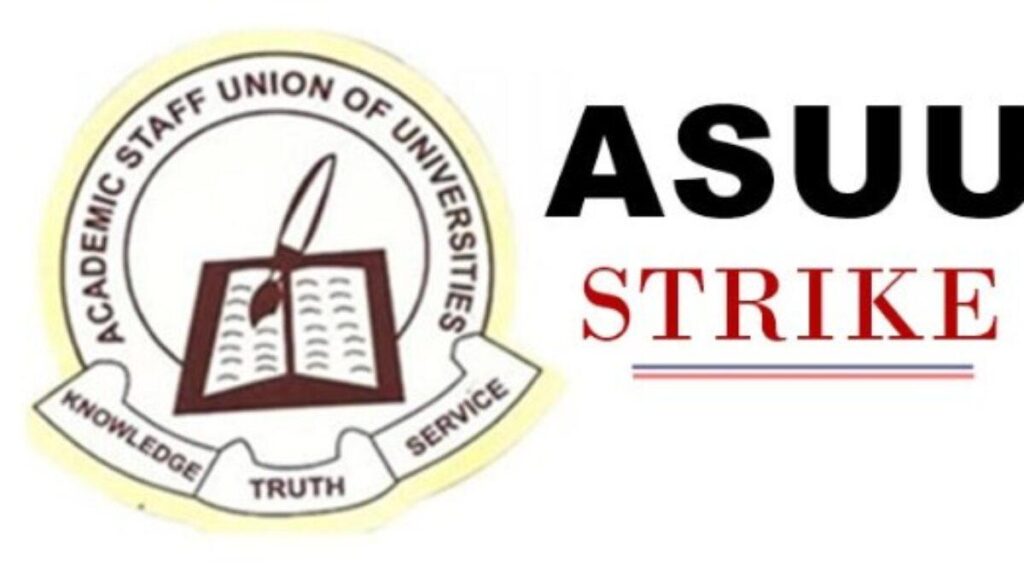
This is even as The House of Representatives yesterday at plenary, urged stakeholders in the education sector to close ranks and call off the ongoing warning strike of university lectures in the interest of students.
Addressing the resumed conciliation meeting with the union yesterday, the Minister of Labour and Employment, Senator Chris Ngige, said the government was surprised ASUU negated the understanding and assurances it gave through the Nigerian Inter-Religious Council, NIREC, led by the Sultan of Sokoto, Alhaji Sa’ad Abubakar and the Chairman of the Christian Association of Nigeria , Rev. Supo Ayokunle.
Ngige, who was in Botswana for the meeting of the African Regional Labour Administrative Centre(ARLAC) when ASUU declared the warning strike, said he thought the university teachers and their employer, the Ministry of Education, would have resolved the areas of disputes within days.
“I sincerely thought ASUU and the Ministry of Education would have resolved the issues, which hopefully are not major areas of dispute, warranting industrial action. To my surprise, I came back, and the strike is still on. Be that as it may, it is the mandate of my Ministry to apprehend industrial disputes wherever they occur and we have apprehended this.
“From this negotiation, we are having today (yesterday), ASUU will appreciate that government means no harm. This is because even if there are still lapses in the implementation of the agreement, they are not such that will lead to industrial action. To that extent, we have to do everything possible to resolve this.
“But I must tell you that on the government side, they were taken by surprise because before then, NIREC met with you, ASUU, and reported to the President. Having met with you and having given the details of their meeting with you, we sincerely hoped we won’t again take this route of industrial action. So, the government side is taken by surprise- Ministry of Education, Ministry of Finance, and all are taken aback.”
Ngige however assured that, the strike had been apprehended by his Ministry and that the ongoing conciliation would prepare the ground for an expanded meeting which will involve NIREC.
“It is my mandate to apprehend industrial disputes and this has been apprehended, so we can discuss, and later expand to what is called tripartite plus meeting, involving members of NIREC who are top religious and traditional rulers, we cannot push aside. And that is as soon as we are done and agree on issues here,” he said.
The Minister expressed optimism that the strike would be called off soon to enable students to go back to school.
ASUU President, Professor Emmanuel Osodeke, in his speech, blamed the Federal Government for the ongoing strike, alleging that apart from not implementing the 2020 MOA, government also failed to convene the regular implementation monitoring meeting as agreed.
ASUU insisted that calling off the industrial action depended entirely on the Federal Government as members were determined not to shift ground until their demands were met.
Meanwhile, the House of Representatives yesterday at plenary, urged stakeholders in the education sector to close ranks and call off the ongoing warning strike of university lectures in the interest of students.
Consequently, the House called the Ministry of Labour and Employment and the Academic Staff Union of Universities, ASUU, to adhere to the clauses and provisions of the previous -Memorandum of Understanding, MoU, and the Memorandum of Action, MoA, between both parties.
Considering a motion, titled “Urgent Need to Address the Frequent Strike Actions by the Academic Staff Union of Universities, ASUU”, presented by Dozie Ferdinand Nwankwo, the House recalled the several meetings by the relevant bodies which led to the call-off of the Academic Staff Union of Universities, ASUU, strike action that lasted for nine months, March 2020 to December 2020.
Presenting the motion, Nwankwo said the strike inflicted pain on Nigerian students, parents, and the education sector, to the extent that it disrupted the academic calendar and impacted negatively on the teaching staff, their families, and the depreciating standards of Nigeria’s public universities.
He said: “The benefits and advantages of the demands of ASUU on the overall interests of Nigeria’s public institutions and the well-being of the personnel which includes funding for the revitalization of public universities and signing and implementation of the renegotiated 2009 FGN- ASUU Agreement, among others
“Shortly after the last horrendous experienced by Nigerians, a one-month warning strike by
members of ASUU have commenced, with effect from February 14, 2022, despite all previous efforts to resolve the contending issues. Such efforts include that of the speaker, House of Representatives, and other stakeholders, including members of the Nigeria Inter-Religious Council, NIREC.
“The consequences of the strike are embarrassingly becoming too frequent and with consequences too damning to the education sector as the one-month strike is a too much disruption to an academic calendar and too much time for an “idle man” to cause havoc, especially in the present university environment which is infested with cult activities and other social vices.
“In the present circumstances, claims and counterclaims by both ASUU members and government representatives are not helping the situation because the picture created is not clear.”
The lawmaker added that Nigerians and foreigners were left to interpret it differently, regrettably tilting towards perceived/or deliberate intention to frustrate the genuine spirit of reconciliation and tertiary education in Nigeria, widely seen as education for the ordinary Nigerian.
“Major parts of the grounds of dispute border on issues like the injection of revitalization funds, payment of the earned academic allowance, and the likes that are obtainable in other African countries such as Ghana and South Africa.
“Nigeria is losing revenue through Nigerian students who school abroad, whereas Nigerian universities can be raised to the standards of the best universities in Africa and other parts of the world.
“All hands must be on deck to avert the strike and to allow public universities to continue
with their programmes undisrupted and to resolves such issues dispassionately,” he said.
Adopting the motion, the House mandated its Committees on Labour, Employment and Productivity and, Tertiary Education and Services to interface with the Ministries of Labour and Employment and, Education, Civil Society Organizations, CSOs, Nigeria Inter-Religious Council, NIREC, and ASUU to address the outstanding issues precipitating the current warning strike by members of ASUU.
The Committee on Legislative Compliance was mandated to ensure compliance with the resolution.

